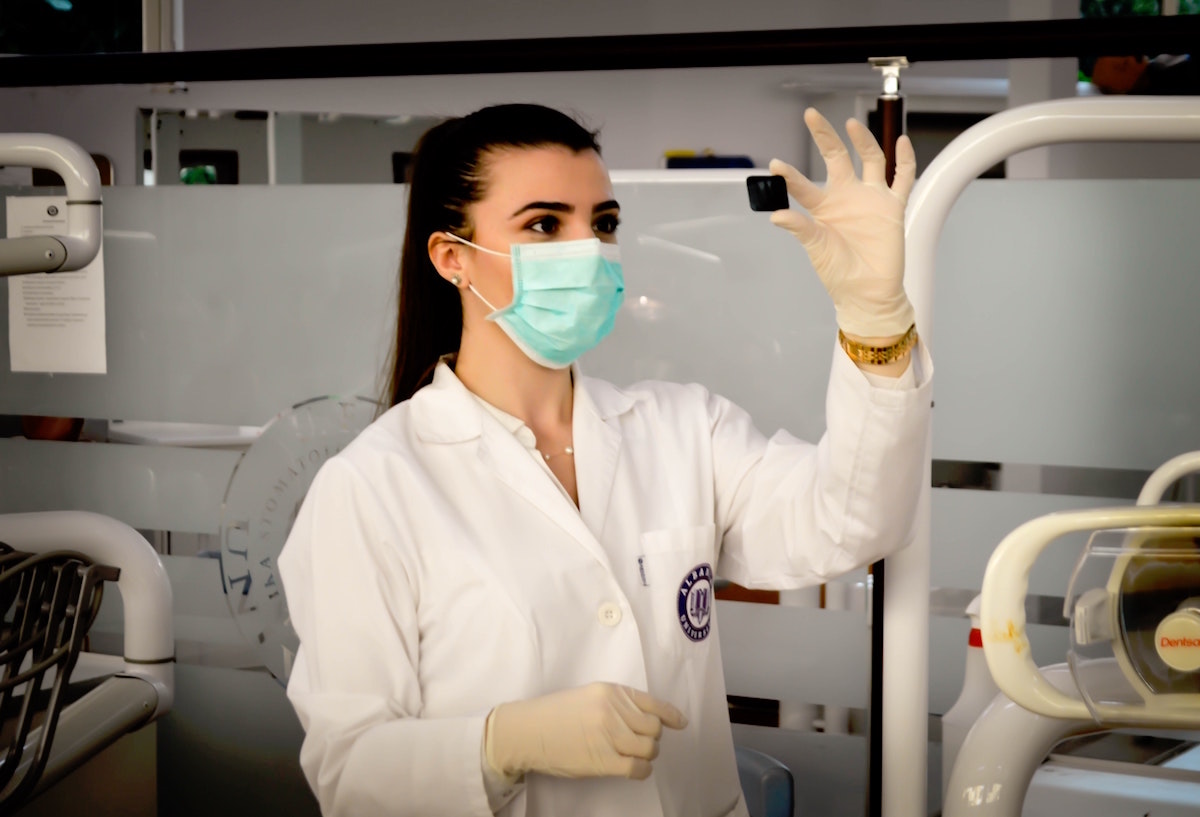by DonnaWhite | Aug 21, 2020

This article was written by our Chief Medical Advisor Deborah Matthew MD. An internationally recognized leader in her field, she is a Diplomat of the American Board of Anti-Aging and Regenerative Medicine (ABAARM), and the American Board of Integrative Medicine (ABOIM).
Continue reading “Is Menopausal hormone replacement therapy safe?”

